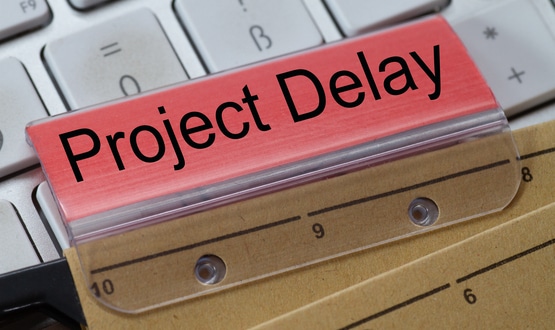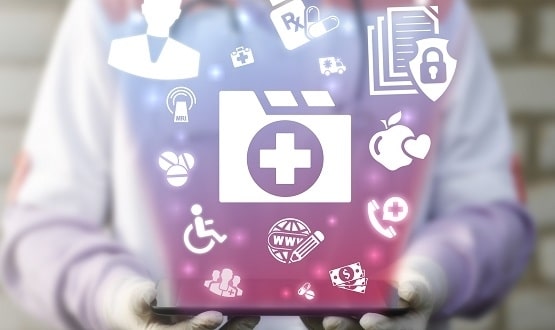Surrey takes tablets with Millennium
- 14 February 2012

Surrey and Sussex Healthcare NHS Trust has deployed tablet devices in A&E to improve real-time data capture into its electronic patient record system.
The trust is one of the Southern sites live with Cerner Millennium. The system was first installed at Surrey and Sussex Healthcare in April 2007, when Fujitsu was local service provider for the South.
It was upgraded by BT to the LC1e version in February last year. Director of information and facilities Ian Mackenzie said the trust had seen “a gradual move towards realising the benefits” of the more recent version of the system since then.
One of the benefits it is working towards is increasing reimbursement from the Emergency Department, by making sure that the full range of investigations and treatments are recorded for each patient, so the hospital gets paid accordingly.
The trust went live with the system in A&E during the 2007 installation. However, Mackenzie said this benefit was not yet fully realised, as the A&E department was under pressure because of a rebuilding programme.
The trust has recently deployed two mobile tablet devices with inbuilt smartcard readers to improve real time data capture at the point of care, and Mackenzie said more devices would be deployed over time.
“The key is that when we open our newly rebuilt A&E in late summer we will have a lot more real time data entry because we’re using the devices around the department,” he said.
Following problems at the North Bristol and Oxford University Hospitals trusts, which went live with Cerner Millennium at the end of last year, eHealth Insider contacted Southern trusts with more experience of the system to ask about their experience.
EHI has established that the Southern CRS Executive, an informal group of managers from the live sites, has drawn up a list of potential benefits.
These will be reported by the Department of Health later this year, as part of an overdue report on the benefits of the National Programme for IT in the NHS as a whole.
Increased theatre utilisation is another of the top five benefits of the LC1e upgrade identified by Surrey and Sussex Healthcare.
Mackenzie said that while the EPR system had been deployed in theatres, he could not say if it had increased utilisation because of reporting issues related to the level of granularity in the record, which are being resolved through a data warehouse.
“It’s fundamentally to do with the complexity of the system,” he said. “In order to get the output you want, you have to be absolutely clear about how it’s configured.”
Another potential benefit of the system is better support for clinical decision-making processes. Mackenzie said this was being partly realised, as Surrey and Sussex Healthcare has now gone live with order communications for radiology and will go live with pathology in the next few weeks.
Another benefit has been completely delivered and relates to patient care. All patients with certain conditions or needs, such as support for learning difficulties, have flags on their notes which can be seen throughout the hospital.
The trust has also gained efficiencies from the standardisation of administrative processes, which have speeded up follow-up booking processes in outpatients. And staff time is being saved through connection with the national data spine, which has given staff access to the personal demographics service.
Mackenzie said that because the trust had deployed Cerner Millennium through the national programme it had less control over how it could be used than it might have liked, which had been a “frustration” at times.
“One of the difficulties of the national programme is you get a very standardised version of everything and it’s very difficult to go off and do your own thing,” he said. However, he felt this issue would be addressed when the national contracts came to an end.
Mackenzie also told EHI that his biggest achievement since starting his present job three years ago was that clinicians now talked about what they can do with Millennium, rather than about how they should get rid of it.
“It doesn’t mean there aren’t any issues, but the notion that it’s some sort of problem in the trust is gone,” he explained. “We went from a green screen PAS to this which is very much more complicated for staff to use. I think people underestimate that journey.”
“To think you can do it in a year is quite naive. It probably takes a good two years to bed in before you can start thinking about moving on.”
There is more information about the investigation in this week’s Insight section and EHI will be publishing further stories about Millennium in the South in coming days.
Anybody with more information can contact reporter Rebecca Todd can be contacted in confidence.




